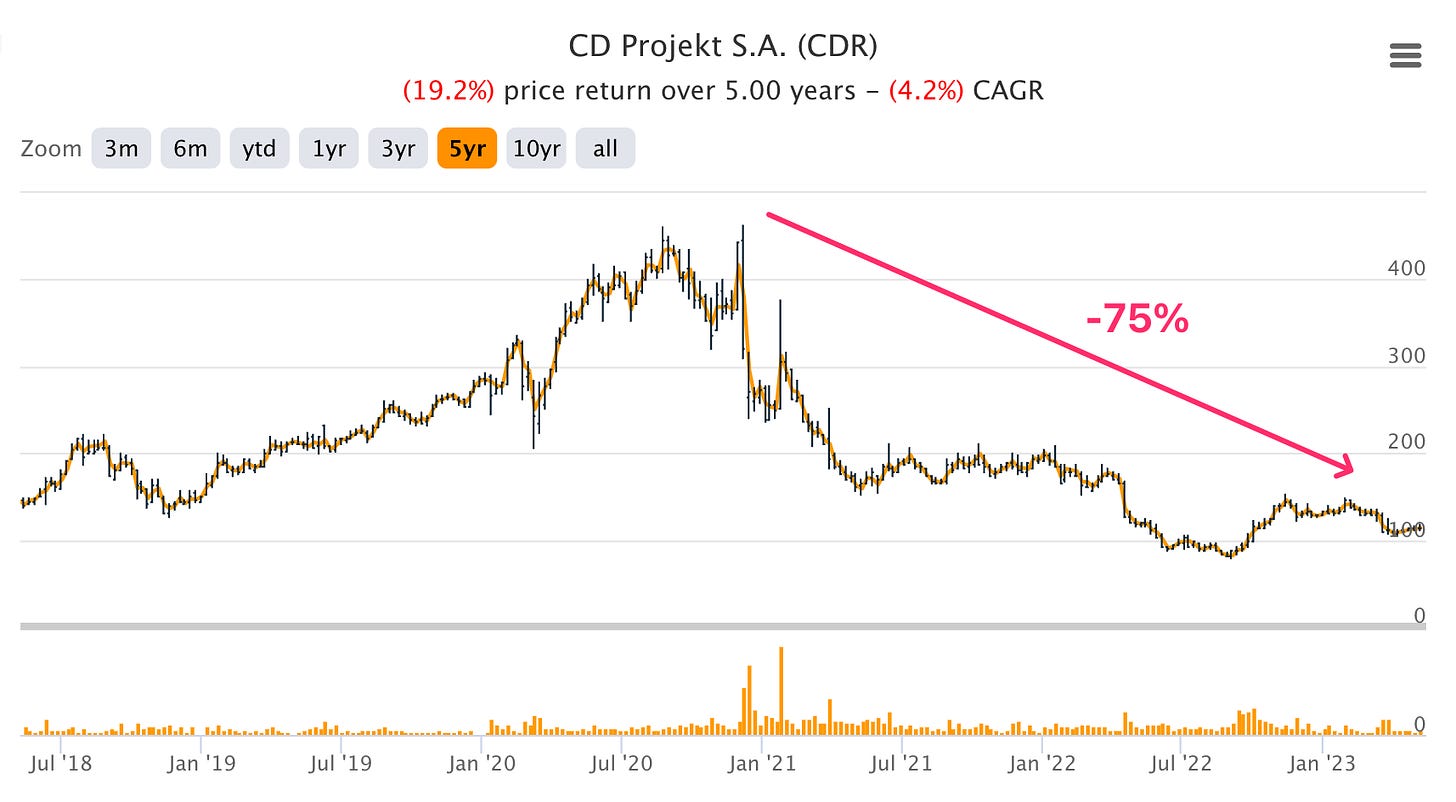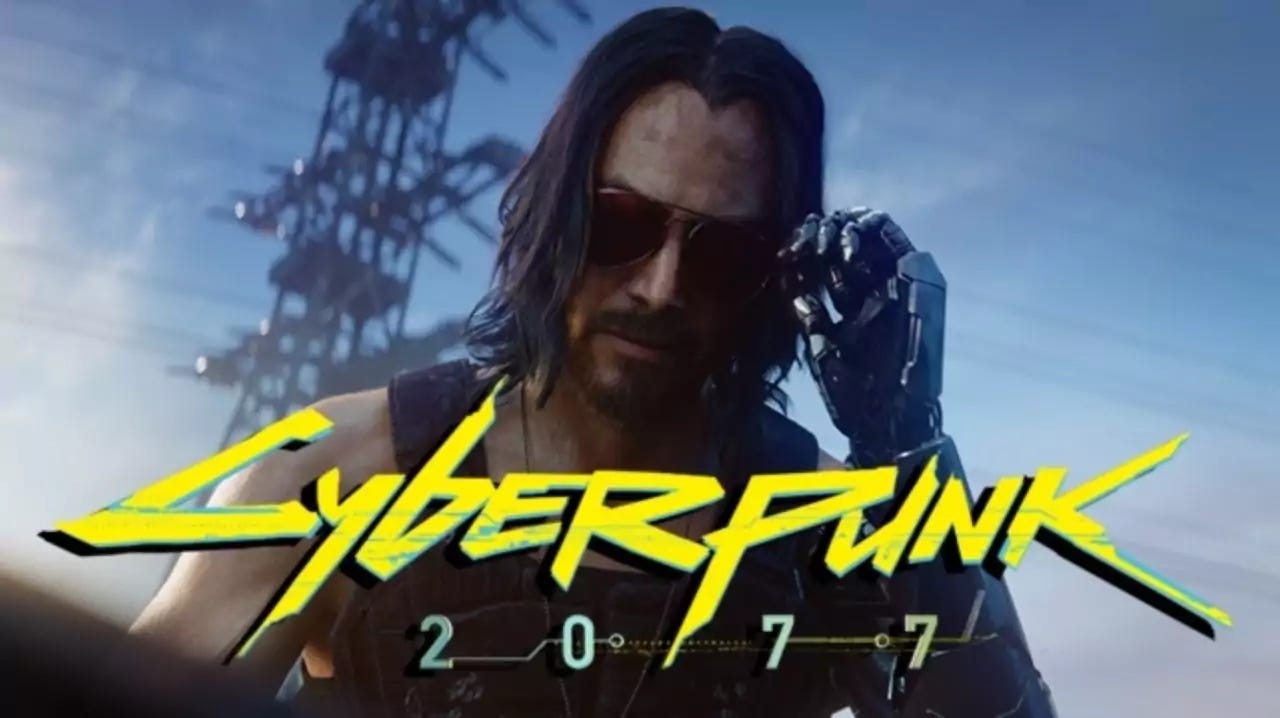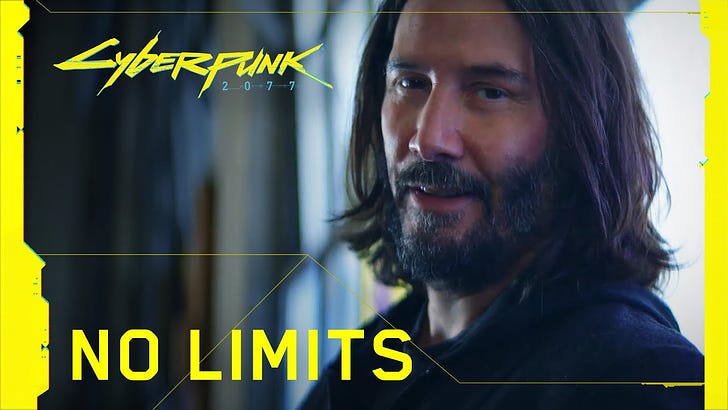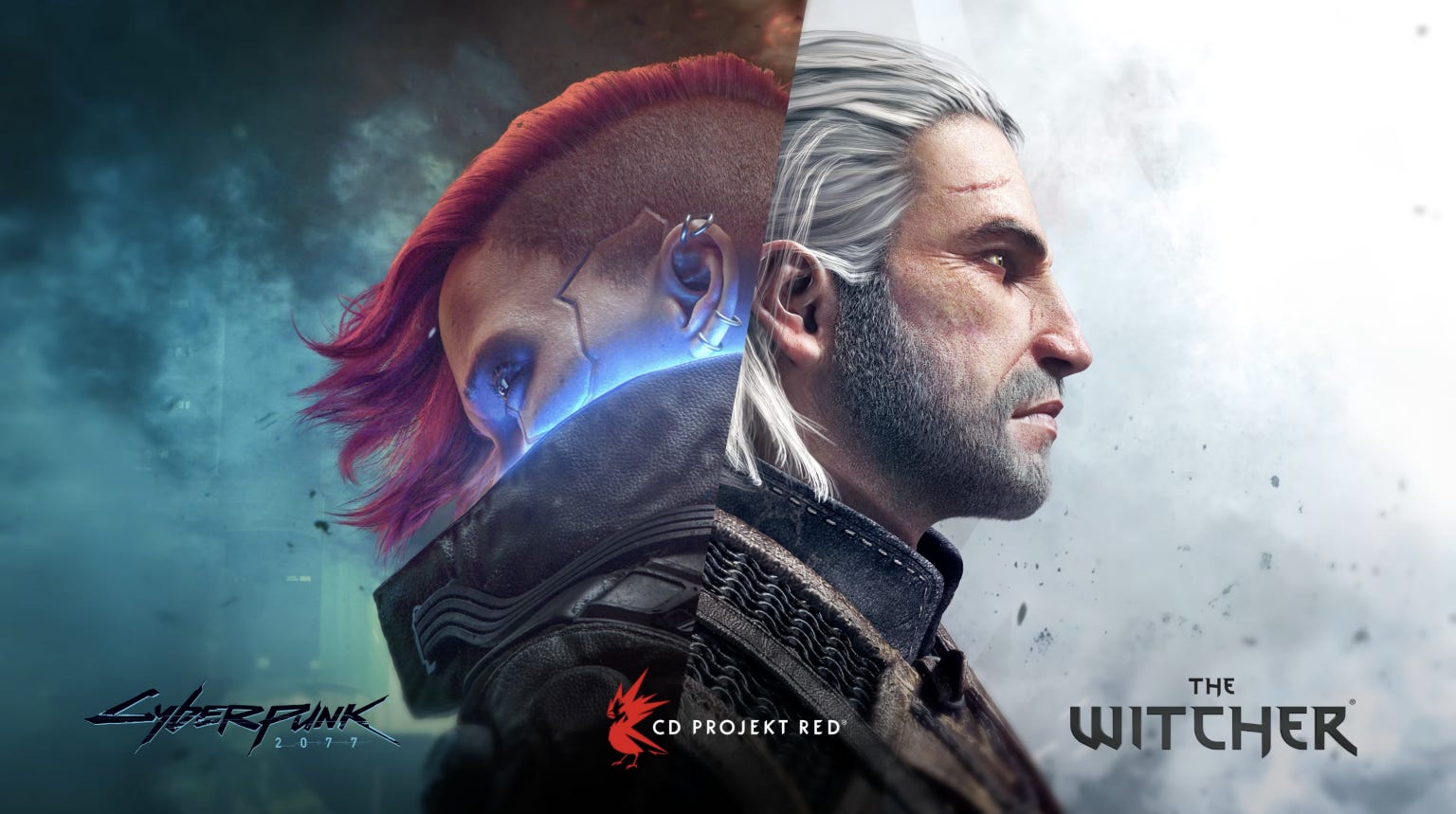CD PROJEKT RED: The AMEX of the Big Gaming Industry? (Part 1)
CDPR's botched release of Cyberpunk 2077 reminds me of AMEX's Salad Oil Scandal in 1963
This is Part 1 of the CDPR stock report. Click here to read Part 2, or here to read our Big Gaming industry primer.
CDPR: The Modern Salad Oil Scandal — Buffett was so confident in the moats of AMEX’s traveller’s checks business that he made it 40% of his partnership’s portfolio at one point. Could CDPR’s Big Gaming moats represent a similarly asymmetric risk:reward?
What Really Happened At Cyberpunk 2077?
CDPR 2033: Setting The Stage for Transformation — C.D. Projekt Red (CDPR) is switching up its formula by adopting Unreal Engine 5 (UE5) and Agile methodology — laying the groundwork for massive LT scalability via adopting industry standards in order to enable rapid hiring or M&A. Their end goal is to become one of the big boys via parallel development of multiple hit franchises — or potentially entertain an acquisition by a Tech megacap in the far future (alà MSFT’s recent acquisition of ATVI at 37x trailing PE).
Truly LT Vision & Large Insider Ownership — Top management collectively owns 34% of CDPR shares, aligning management incentives with shareholders in the reach for the LT endgame 20 years down the road. CDPR’s hit AAA gaming franchises (i.e. brands) have a practically unlimited organic runway (i.e. infinite demand problem) — hence maximizing growth boils down to the optimal allocation of scarce resources (i.e. increasing supply), rather than lack of demand.
American Express AXP 0.00%↑ (AMEX) is well-known to be one of Buffett’s greatest investments. In 1963, the company was caught up in the ‘Salad Oil Scandal’ — where one of its major creditors defrauded the company by switching away its valuable soybean & salad oil collateral to worthless seawater from under its nose. When the fraud was discovered, AMEX’s shares fell by -40% as markets initially thought that it would go bankrupt from the exposure — but when Buffett looked underneath the surface, he found that AMEX’s ‘moaty’ traveller’s check business was actually relatively unaffected by the lending fiasco. He began acquiring AMEX shares in size until at one point it constituted a whopping 40% of his partnership’s portfolio — and the rest is history.
Watching CD Projekt Red (CDPR)’s recent gaming debacle reminded me of AMEX’s ‘baby thrown out with the bathwater’ experience. In Dec 2020, the AAA gaming studio CD Projekt Red (CDPR) announced its much-anticipated new gaming franchise Cyberpunk 2077. Unfortunately, the AAA title was released in a state which could only be described as ‘incomplete’ — and the subsequent fiasco was a PR nightmare. Although the company eventually delivered on its promise to ‘finish’ the game over the next two years via online updates, CDPR’s share price has fallen by -75% from its peak hit in Sep 2020 and is now trading at 5-year lows:

However, peeling back the covers also reveals some similarities to Buffett’s 1963 acquisition of AMEX. Firstly, only 2% of pre-order customers (upper-limit estimate) ended up requesting refunds after CDPR announced it would offer them to all customers. Secondly, most of CDPR’s other gaming assets remain untouched by the fiasco — and with the complete rehabilitation of the Cyberpunk 2077 franchise, one could even argue that CDPR’s brand has also fully recovered (ala Chipotle’s food poisoning scandal several years ago). Thirdly, a deeper-dive into the massive PR nightmare from the botched release of Cyberpunk 2077 reveals that most of the complaints actually came from previous-gen console players — PC gamers & next-gen console gamers did face gameplay issues, but not to the game-breaking extent that the former group did. While this in no way condones the unfinished state that the game was released in, hindsight would suggest that the issue was massively overblown — in a similar way that the AMEX Salad Oil Scandal ended up being relatively benign. Fourthly, CDPR’s Big Gaming moats remain intact despite the Cyberpunk 2077 debacle — much like how the moats of AMEX’s traveller’s checks business remained intact despite the Salad Oil scandal.
Finally, there was a recent rumor floating around last week that CDPR might potentially be entertaining a lucrative buyout offer from gaming giant Sony. While CDPR eventually shutdown those rumors in their latest earnings call, this new development only provides further credibility to the huge acquisition potential embedded within CDPR’s outsized Big Gaming moats. If you’re keen to learn more about these future potential industry developments, head on over to our Big Gaming industry primer linked below:
CHAPTERS:
CD Projekt Red: The Company + How Cyberpunk 2077 Got This Way
CDPR: Financial Analysis & Risk (Part 2)
Valuation: 15x Forward P/E for 15% LT Earnings CAGR? (Part 2)
CD Projekt Red: The Company + How Cyberpunk 2077 Got This Way
In this section, we’ll introduce you to everything you need to know about CD Projekt Red: The Company to-date. Some of the topics which we’ll be covering here include:
CDPR as a Big Gaming company and Apple-like CDPR brand in the industry, and its unique business ethos relative to peers with respect to its gamer/customer base;
Everything you need to know about the disastrous Cyberpunk 2077 launch, and how CDPR managed to fully rehabilitate the franchise with unconventionally methods — e.g. the critical hit Netflix anime series Cyberpunk:Edgerunners;
The hugely successful Witcher series which propelled CDPR to Big Gaming status in the first place.
Keep reading with a 7-day free trial
Subscribe to Value Investing for Sophisticated Investors to keep reading this post and get 7 days of free access to the full post archives.










